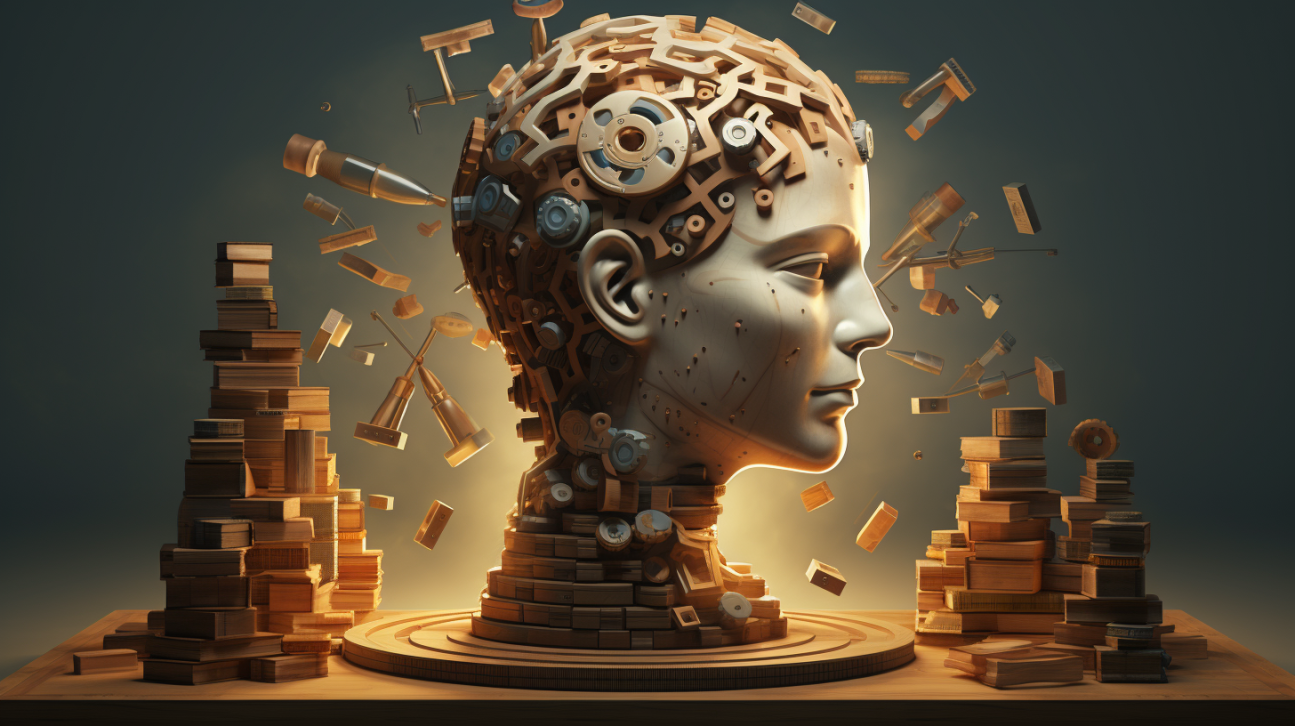Suicide Risk Factors in Drug Users & Addicts: Understanding for Prevention
Suicide is a leading cause of death globally, and people who use drugs are at heightened risk. Key facts: People who use opioids have 7-22 times the risk of suicide compared to the general population. Men who use drugs die by suicide more often, but women who use drugs have a higher proportional increase in …










